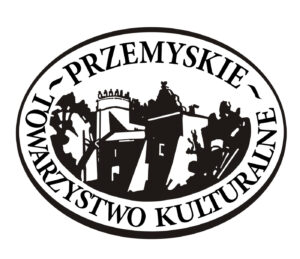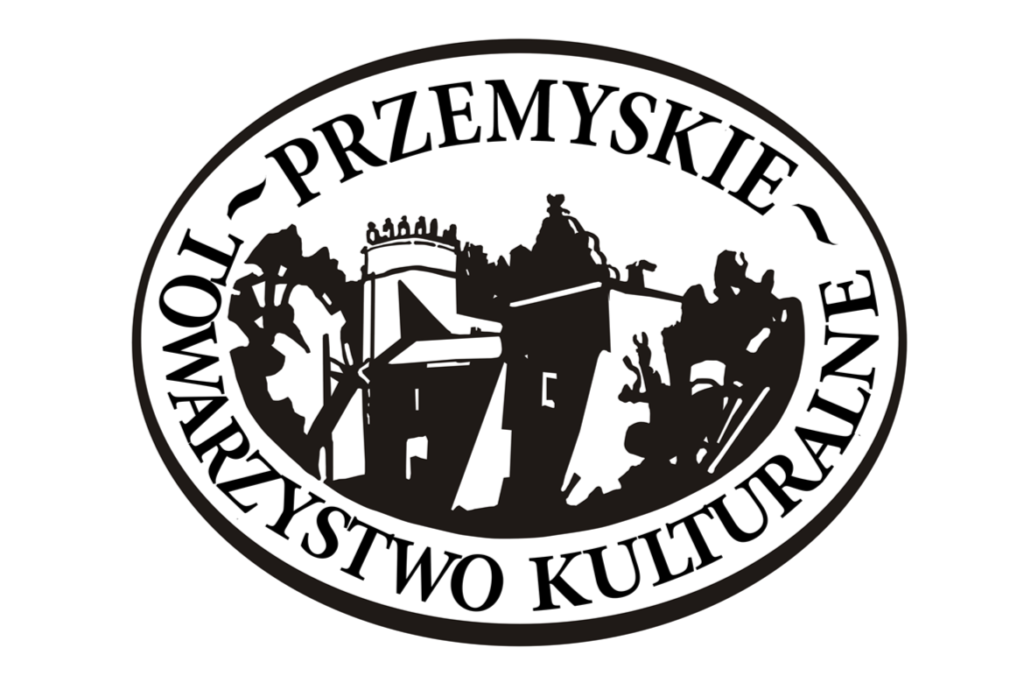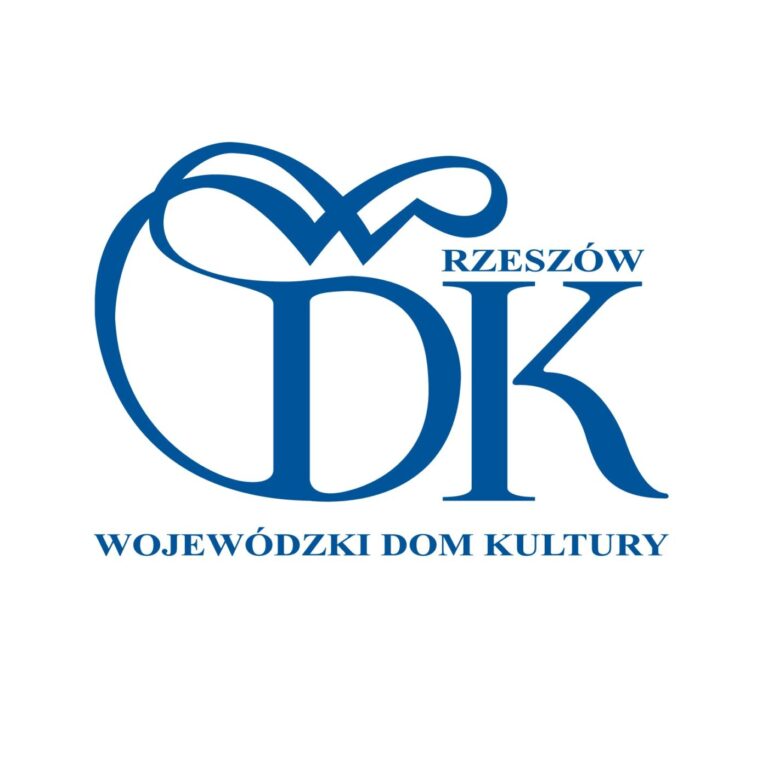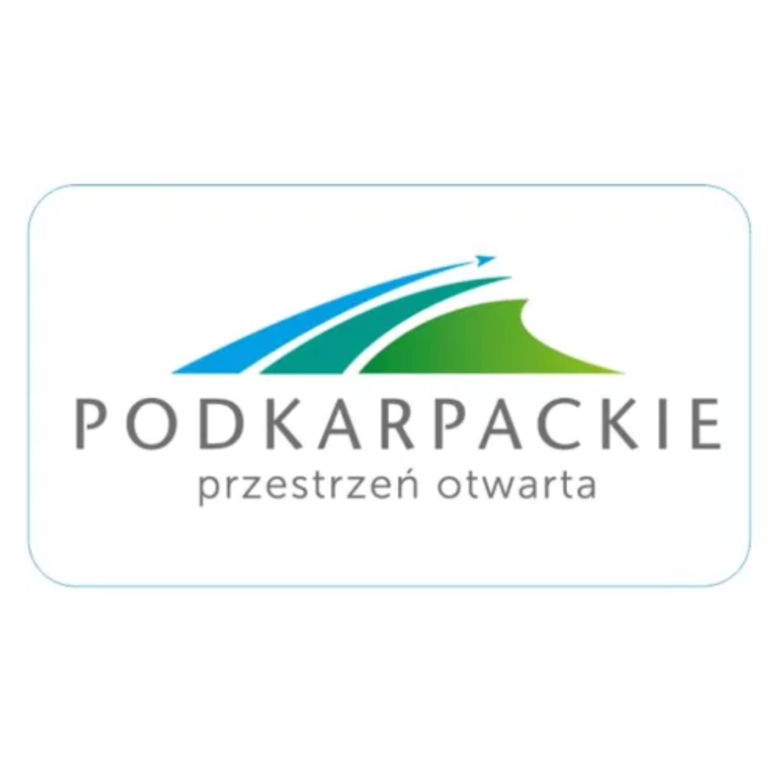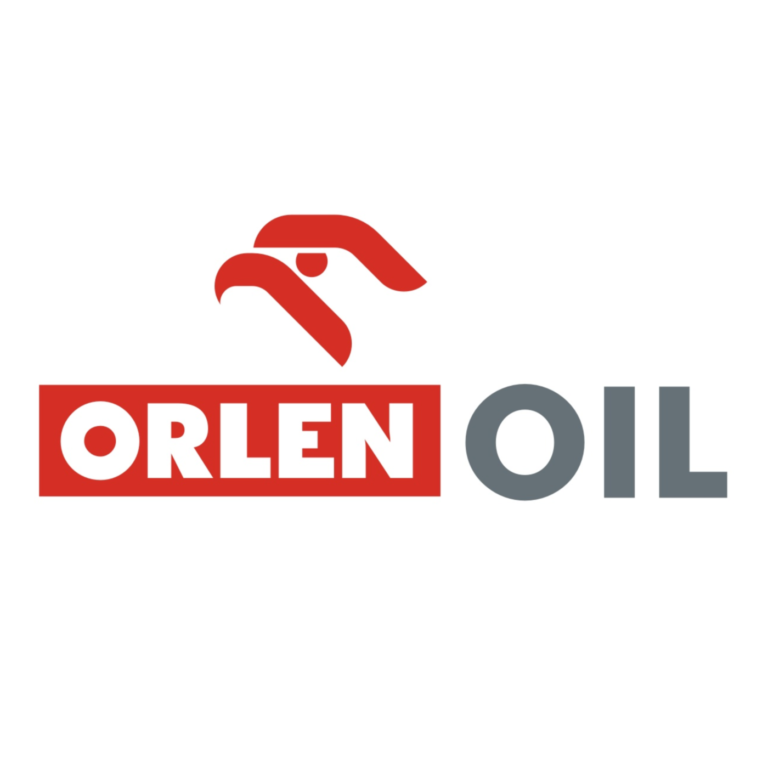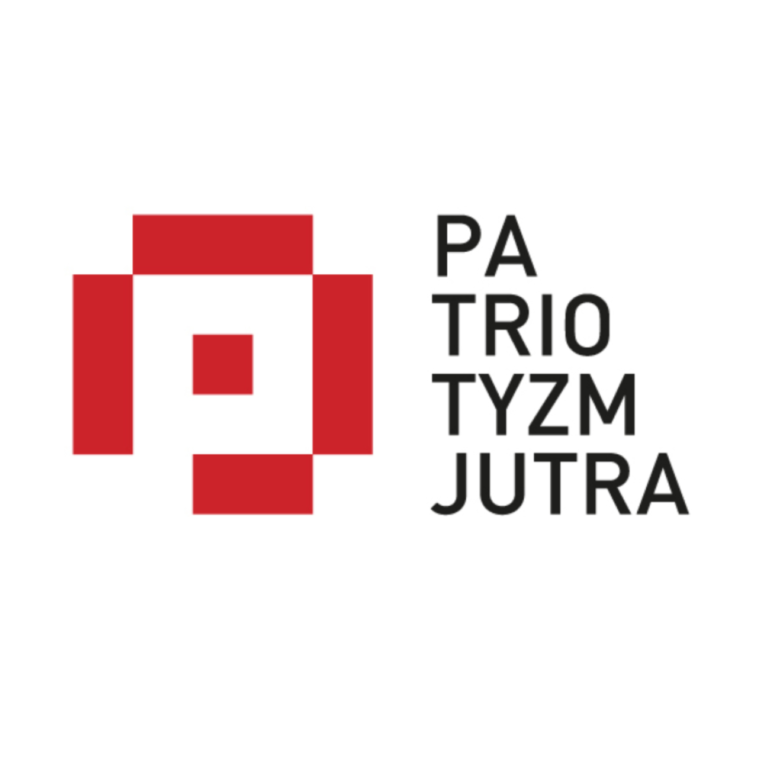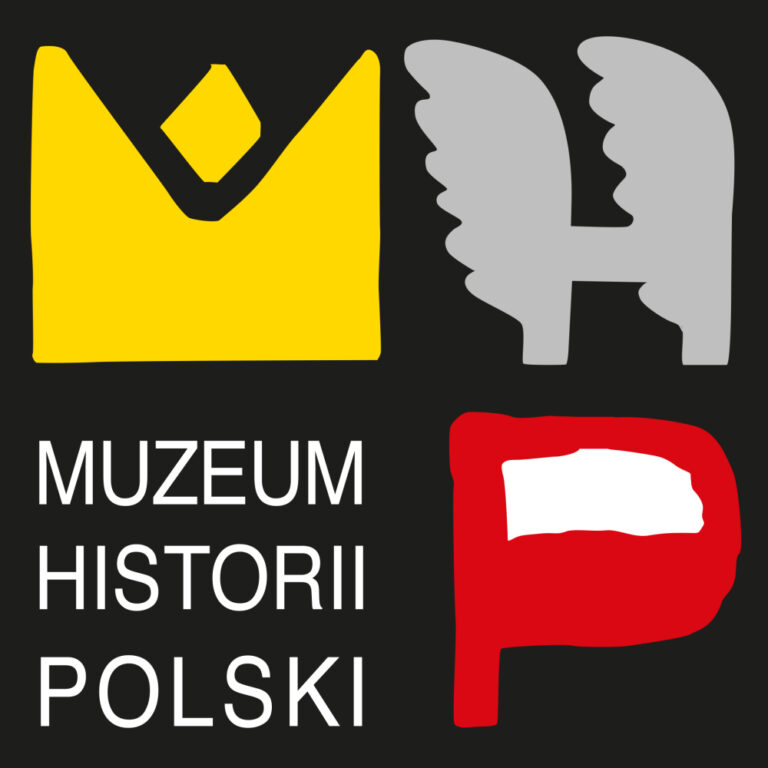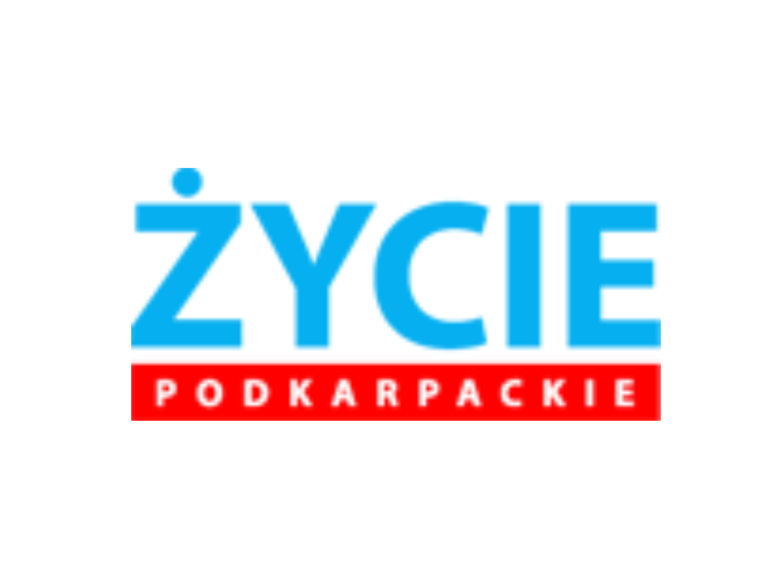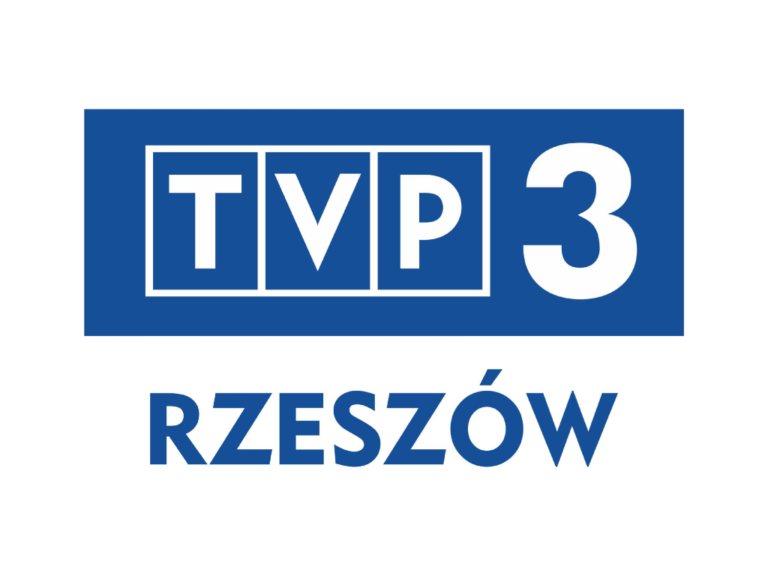Building independence
The political transformation provided an opportunity for free and independent social activity. In 1990, on the initiative of Marek Kuchcinski and a group of his friends, the Przemyśl Cultural Society (PTK) was founded, which was the direct successor of the independent culture milieu of the 1980s. Kuchcinski became president of the PTK, Artur Wilgucki became vice-president, and Zygmunt Grzesiak became treasurer. The Society's goal was defined as the promotion of creativity in the fields of culture, science and politics "as autonomous from the forms that monopolize public life." The Society upheld the traditions associated with the Cultural Stritch in the fields of culture and art. Socio-political issues, on the other hand, were moderated in the newly established New State Club, which held meetings with Jaroslaw Kaczynski, Janusz Onyszkiewicz and Zbigniew Romaszewski, among others.
Of great importance were the Polish-British Civic Conference (Krasiczyn, 15–20 September 1990) with the participation of, among others, Roger Scruton (https://www.scruton.org/), Jacek Bartyzel, Zdzisław Najder, Polish parliamentarians and British deputies of the House of Commons, and the conference “Polish Eastern Policy. Opportunities and Threats” (Przemyśl 1992) with the participation of e.g. Adolf Juzwenka and Grzegorz Kostrzewa-Zorbas. In 1994, PTK initiated the reconstruction of the Capella Premisliensis Chamber Orchestra, whose musical direction was taken over by Marek Zazula, a long-time collaborator of "Strych Kulturalny".
December 1989 saw the publication of the first issue of the monthly "Views of Przemysl," a periodical published until April 1993 by PTK. The editorial team included Marek Kuchcinski, as well as: Ryszard Głowacki, Jan Jarosz, Józef Kurylak, Dorota Mech, Wojciech Mikuła and Artur Wilgucki. The editors declared independence in the first issue of the magazine: "We wish to be not only independent, but also, and perhaps above all, fair. Fair to those thanks to whom we can exist, that is, thanks to the Solidarity Civic Committee in Przemysl, and to those who toiled for so many years so that we could not exist." Although members of the editorial team announced that they would focus their attention on local issues, the topics they covered went far beyond the local backyard, as they also dealt with national and international topics, which gave the magazine an opinion-forming status. The third issue, from May 1990, was essentially devoted to local government elections and the promotion of candidates of the Solidarity Civic Committee of Przemyśl. It seems that both Marek Kuchcinski and the other members of the editorial board in this first period of activity were very keen to maintain a pure form of civic activity, in the spirit of responsibility for the development of the small and great homeland.
The Spojrzenia Przemyskie (Views of Przemysl) did not neglect to report on strictly local issues concerning the Przemyśl local government, but the magazine's pages were also given over to extremely important authors who delved into international, political and socially important problems. Hence, the presence of such people as Zbigniew Brzezinski, Roger Scruton, Krzysztof Zanussi, Jan Olszewski and Bohdan Urbankowski is not surprising. The homilies of Bishop Ignacy Tokarczuk, the Ordinary of Przemyśl, were printed several times. Issues of identity and culture were also reflected in the pages of "Spojrzeń Przemyskie". Neither was coverage of "attic" events nor promotion of local artists abandoned. The last double issue of the magazine (15-16) was published for the months of March-April 1993.
In 1994, PTK supported the Przemyśl City Local Government Coalition in local elections. Several members of the Society won seats as councilors at the time, including Marek Kuchcinski and Dorota Mech-Kuchcinska.
After Solidarity Electoral Action won the 1997 elections and Jerzy Buzek became prime minister, work began on public administration reform. In view of the announcement that Prze- myśl would lose its status as a provincial city, conceptual work was undertaken in the PTK community, led by Marek Kuchcinski, on demands to maintain institutions of a regional nature that were important to the city's development. The PTK Board and the New State Club, in connection with the planned reform, submitted to Prime Minister Buzek, on April 8, 1998, a draft program on "Measures to maintain the conditions for the development of Przemyśl and the Przemyśl area." Among the demands were to maintain the headquarters of the Provincial Conservator of Monuments, the Customs Office and the Border Guard, to raise the National Museum of the Przemysl Land to the rank of a central institution, to locate the course of the planned highway south of Jaroslaw and Radymno, and to provide assistance in the establishment of a humanistic academic institution of international scope. The main demands formulated by the PTK at the time have been fulfilled in varying degrees of time.
Marek Kuchcinski, as chairman of the PAC, signed a similar letter on May 7 and addressed it to Jerzy Kropiwnicki, president of the Government Center for Strategic Studies. In it, he included the justification for keeping the headquarters of the JCC and elevating the MNZP and the Arboretum and Physiography Department in Bolestraszyce to the status of central institutions. The same range of demands was included in the position of the Przemyśl City Council, prepared largely by Marek Kuchcinski as a councilman.
The Przemyśl Cultural Society also carried out an interesting project in the late 1990s, which was the creation of the Institute of Regional Policy. At that time, the Society's Board of Directors consisted of Marek Kuchcinski - President, Waldemar Wiglusz - Vice President, Jan Jarosz - Secretary, Zygmunt Grze- siak - Treasurer and Mateusz Pieniążek - Member. The Institute of Regional Policy has actively cooperated with MP Adam Lozinski and Senator Witold Kowalski. It was established in itself as a response to the challenges of public administration reform. In view of the planned transfer of many competencies and resources to the local level, it was felt that the IPR would be an excellent platform for exchanging views and forming opinions on regional issues. According to Marek Kuchcinski, the IPR was to focus on programs relating to civic education, the protection of cultural and natural heritage, environmental protection and the development of tourism, as well as contribute to the promotion of the region and the shaping of regional development strategies. An important element of these activities was to be support for the establishment of a university of international character. The Institute of Regional Policy was therefore another initiative growing out of the PTK environment. As Waldemar Wiglusz stated, "the activities of PTK practically died out after Marek Kuchcinski became involved in politics, as it was impossible to create a leader to continue the idea."
In addition to editing "Przemyskie Spojrzeń", Marek Kuchcinski also actively cooperated with other magazines, including: the weekly "San", "Rola Katolicka", "Nowy Państwo" and the New York "Nowy Dziennik". In the 1990s, he was a correspondent for Polish Radio Lviv, as well as vice chairman and then chairman of the Program Council of Radio Rzeszow. At the time, he also served as vice president of the Rzeszow branch of the Polish Journalists Association.
Excerpts of the text are from the book by Jan Draus and Dariusz Iwaneczka
"From Przemyśl to big politics. Political biography of Marek Kuchcinski“
(Book in preparation for printing)
